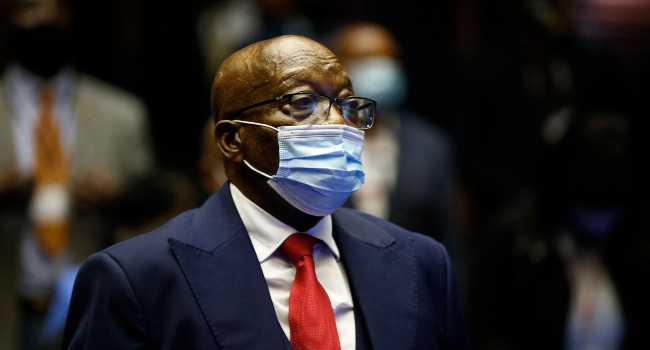Yahoo
Rebels in Ethiopia’s Tigray region say they must be recognised as its legitimate government before they accept any ceasefire.
The withdrawal of Eritrean troops was another precondition in a long list.
The authorities in Addis Ababa earlier declared a unilateral ceasefire as the rebels retook much of the region and government officials fled.
Eight months of fighting between the rebels and government forces have left thousands of people dead.
More than two million people have been displaced and 400,000 are now affected by famine, the UN says, with a further 1.8 million on the brink of famine.
Tigray People’s Liberation Front (TPLF) rebels initially described the Ethiopian government’s ceasefire as a “joke” and vowed to drive their “enemies” from the region.
This included Eritrean troops and pro-Ethiopian government forces from Ethiopia’s Amhara region to the south of Tigray.
But they have now produced a long list of preconditions for agreeing to a ceasefire, including an independent investigation into alleged war crimes, the delivery of humanitarian aid and restoration of basic services such as electricity.
“As long as we have a foolproof guarantee that the security of our people will not be compromised by a second round of invasions, we accept a ceasefire in principle,” a statement signed by the “government of Tigray” said on Sunday.
BBC World Service Africa editor Will Ross says for the Addis Ababa government to accept this precondition of rebel recognition, it would effectively have to admit it had lost the war and failed to oust its enemy.
There are growing international calls for a ceasefire in order for aid to reach the millions of victims of the war, he says, but it will take huge compromise by all sides in order to achieve peace.
The conflict started on 4 November, when Ethiopian Prime Minister Abiy Ahmed ordered a military offensive against regional forces in Tigray. He said he did so in response to an attack on a military base housing government troops there.
The escalation came after months of feuding between Mr Abiy’s government and TPLF leaders.
After early successes including the capture of the Tigrayan capital Mekelle, the Ethiopian army backed by Eritrean troops and Amhara forces became bogged down in fighting with TPLF rebels.
Last week, Tigrayan forces recaptured Mekelle.
All sides in the conflict have been accused of carrying out mass killings and human rights violations. On Friday, several thousand captured Ethiopian soldiers were paraded through the streets of Mekelle.
Mr Abiy’s government in Addis Ababa has so far refused to negotiate with the TPLF leaders and has classified the group as a terrorist organisation.
Tigray – the basics
- Ethiopia is divided into 10 regional states defined on ethnic grounds and described as largely autonomous, but with central institutions
- In 2018, following anti-government protests, Abiy Ahmed took over as PM and introduced reforms
- Powerful politicians from Tigray, Ethiopia’s northernmost state, accused Mr Abiy of trying to increase federal power
- Relations worsened and, after the government accused Tigrayan rebels of attacking military bases, the Ethiopian army moved in in November
- Mr Abiy declared the conflict over in late November, but fighting continued and increased ahead of national elections on 21 June
This news originally appeared in Yahoo.



Connect with us on our socials: